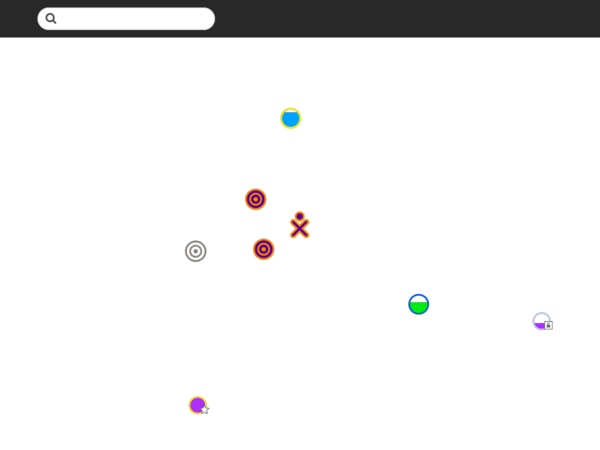Difference between revisions of "User:Walter/sandbox/Connecting"
< User:Walter | sandbox
Jump to navigation
Jump to search
| Line 13: | Line 13: | ||
back | [[#02 | next]] | back | [[#02 | next]] | ||
| + | [[Image:Neighborhood-view.png | thumb | left | 600px | | ||
| + | Go to the Neighborhood view to connect to an access point. | ||
| + | ]] | ||
| − | [[Image:Neighborhood | + | [[Image:Neighborhood key.png | thumb | left | |
| − | + | The Neighborhood view is accessed by clicking on the Neighborhood icon on the Frame or by pressing the F1 key [[OLPC/Neighborhood key|OLPC hint]] | |
]] | ]] | ||
====02==== | ====02==== | ||
back | [[#03 | next]] | back | [[#03 | next]] | ||
Revision as of 10:48, 16 June 2008
Wiki-based Getting Started Guide (based on Joyride 2037)
Getting Connected
There are multiple ways to connect to the Internet:
- wireless access point (WiFi hotspot);
- “School Server” mesh network;
- “simple” mesh network, which lets you collaborate directly with other XOs;
- wired network (may require an external adapter—e.g., see USB Ethernet adaptors).
You make your connection from the Neighborhood view. Your current connection status is shown on the Frame.
Step 1: Go to the Neighborhood view
back | next
The Neighborhood view is accessed by clicking on the Neighborhood icon on the Frame or by pressing the F1 key OLPC hint
02
back | next
